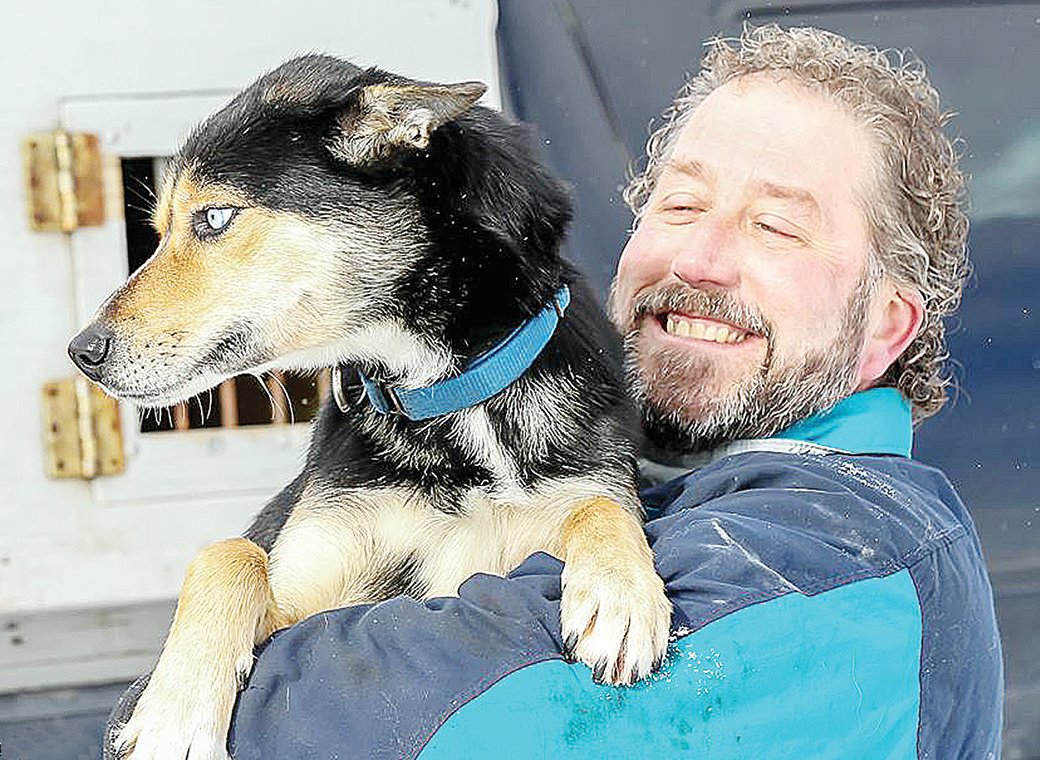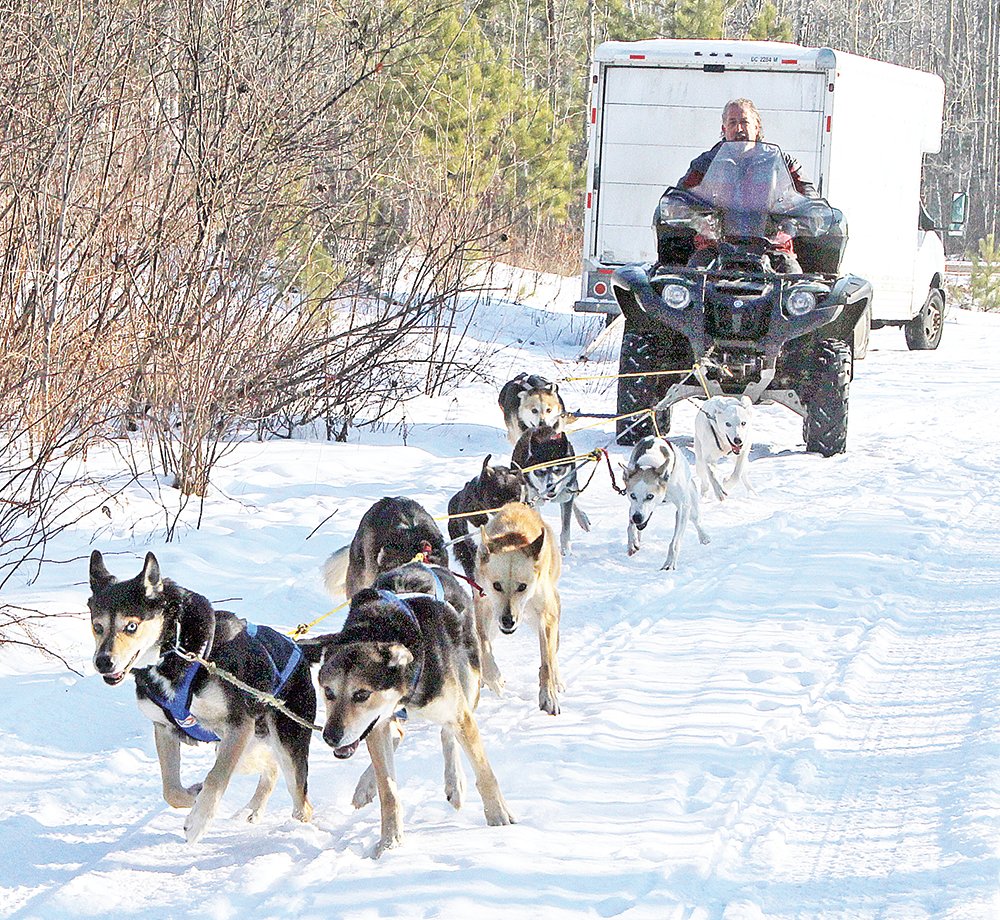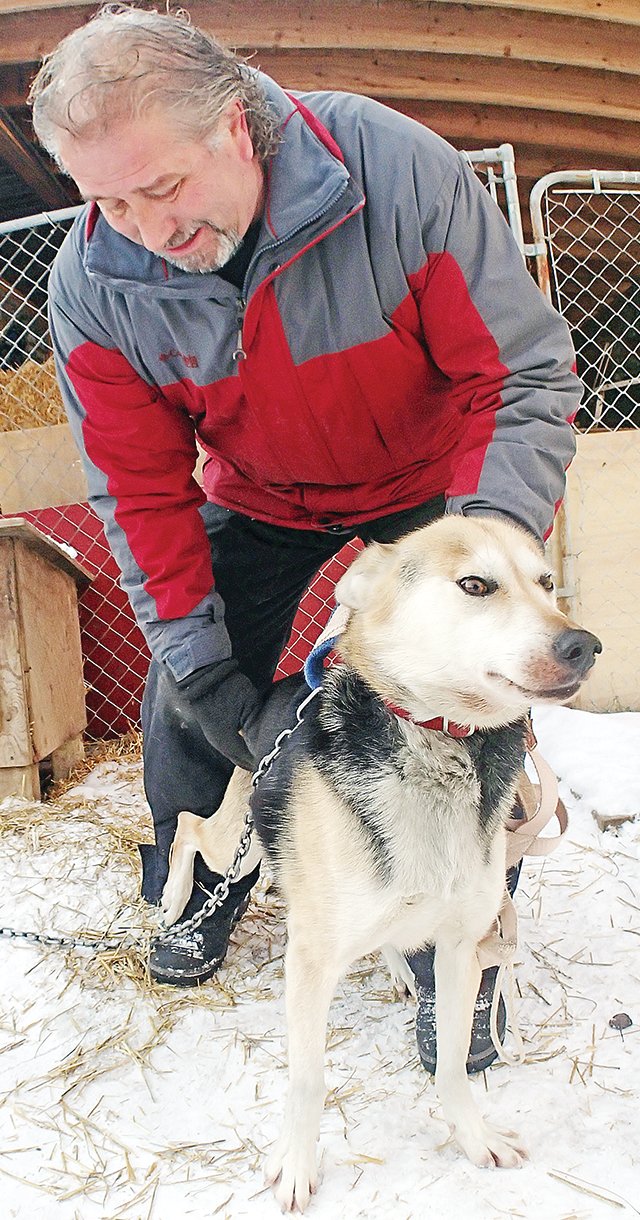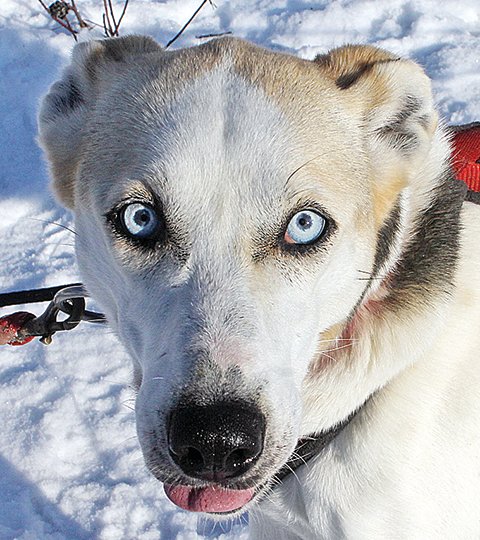Support the Timberjay by making a donation.
A boy and his dog(s)
After five decades, Ely-area musher still admits to having puppy love
ELY – For Scott Edgett, a local dog sled racer in the midst of training for next month’s WolfTrack Classic, life has always been about the dogs.He grew up in Centerville, a town of less …
This item is available in full to subscribers.
Attention subscribers
To continue reading, you will need to either log in to your subscriber account, or purchase a new subscription.
If you are a current print subscriber, you can set up a free website account and connect your subscription to it by clicking here.
If you are a digital subscriber with an active, online-only subscription then you already have an account here. Just reset your password if you've not yet logged in to your account on this new site.
Otherwise, click here to view your options for subscribing.
Please log in to continue |
A boy and his dog(s)
After five decades, Ely-area musher still admits to having puppy love
ELY – For Scott Edgett, a local dog sled racer in the midst of training for next month’s WolfTrack Classic, life has always been about the dogs.
He grew up in Centerville, a town of less than 100 people north of the Twin Cities, and from a young age he was exposed to the dog life when he visited his uncle, who raised Huskies. “We got one of his pups, I named her Tasha, and she pulled me around on my Big Wheel when I was eight years old,” Scott said.
He got another dog, named Nikki, when he was 10. The Alaskan Malamute pulled him around in a home-made wagon.
“We would just take off down the gravel road and have a great time,” he said. “One trip we about made it to Hugo, some four miles away. Mom and Dad were a little upset when they found me so far away. We were just having a great old time. I’ve always loved dogs and I couldn’t think of my life without them.”
Scott and his wife, Cindy, raised two daughters, Jessica and Jennifer. He worked as an automotive service manager. And the whole dog thing was put on the shelf until he was into his 40s.
“When we bought a place in Chisago, I told my wife I was getting another Husky. She then picked up a rescue Husky a short time later. We then got another rescue Husky and our kennel grew to three dogs,” he said. “They pulled me around on a three-wheeler without an engine.”
Three more dogs came into Scott’s family from a dog sledding friend.
“These were actually trained sled dogs,” he said. “I met other dog sled friends and kept buying dogs. I really love dogs.”
By this time, Scott and Cindy had purchased a home near the Babbitt/Embarrass area.
“We trucked those dogs back and forth from Chisago to Ely every other weekend and trained up here,” he said.
The couple made the Ely area their permanent home about 15 years ago.
“Cindy never thought we would ever move here, but the day I retired from the Ford dealership, we were on our way,” he said.
Scott ran his first competitive sled dog race in the inaugural WolfTrack Classic in 2008. He purchased his first dog sled from a guy who participated in the All-American Championship Sled Dog Race in Ely that started in 1970 and continued into the 1990s.
“My first race ever was 30 miles long, and me and my six dogs finished in five hours and 20 minutes. I was dead last so I was awarded the red lantern,” Scott said.
“I was very sick. I drank a whole bottle of Dayquil (flu remedy) from start to finish. I think I was a little drunk by the end,” he chuckled. “It was so bad. When I crossed the finish line it was pitch dark. I stayed in bed for the next four days.”
Scott ran the same race the next year and swore the racetrack was changed to different trails.
“I didn’t remember anything from that first race,” he said.
Scott has played a big part in the success of the WolfTrack Classic in Ely. In addition to racing all but one of the races (in 2014 he was in the midst of re-locating the dog kennel in anticipation of moving here full-time), Scott has been very active as a volunteer and has held many seats on the event’s board of directors.
Scott has participated in other regional events including the Beargrease Sled Dog Marathon, Apostle Islands Sled Dog Race in Bayfield, Wis., Mid-Minnesota 150 and Northern Pines Sled Dog Race in Iron River, Wis. He had planned to race this year in the Copper Dog 150 in Upper Michigan, but that dog sled event, and many others, were shelved because of COVID-19.
He will always have a soft spot in his heart for the WolfTrack Classic.
“We have one of the most beautiful courses that I’ve run and I hear that from many of my musher friends that have raced all over,” he said. “The hills, the trees, all the red pines and white pines, and the lakes and the beauty are one of a kind. It is a very challenging course. You finish just wore out, in a good way.”
Scott noted that he experiences more camaraderie at the WolfTrack.
“The mushers all stick together out there and help each other out. You see that in other races, too, but we have the challenge of rare head-on passes with other mushers,” he said.
“That can be unique experience. Last year I ended up running head-first into Jen Freking. I bunched up her team and I felt just horrible. My dogs just got screwed up and didn’t move over to the outside like they normally would. She probably would have won if not for me!”
He went on to describe the WolfTrack Classic as challenging even for experienced mushers. “We really watch the first-timers and the younger mushers along the course,” Scott said. “It is so great to see many more young mushers carrying on this tradition. We had a 13-year-old race last year and she did very well.”
The flood of spectators and volunteers at the Wolftrack Classic are very humbling to Scott. “I’m out on the trail with nobody around and all of a sudden there are all these fans cheering me on. The volunteers work their tails off to keep us safe, like at road crossings and such. I get a bit emotional.”
He related an experience from just last week when he was running a training leg with his dogs near his home.
“I met a car along the route, and the dogs did what they were trained to do and swerved wide, and when we got back to the truck, the family was stopped and waiting for us,” he said. “The father told me they were so excited to see us. Two girls stuck their head out the car window and told me my dogs were so beautiful. It is support like that that keeps me doing this.”
When Scott is not mushing and petting his dogs, he also works for the North American Bear Center as senior operations director. Cindy works at Steger Mukluk.
They have 14 dogs now and are anticipating adding a litter of pups next spring.
“We could have 20 or more dogs real soon,” Scott said. “I’m enlarging and re-locating the kennel and dog-yard area and getting ready. I think maybe I have several more years where I can do this. I hope to be mushing yet in my 70s.”













